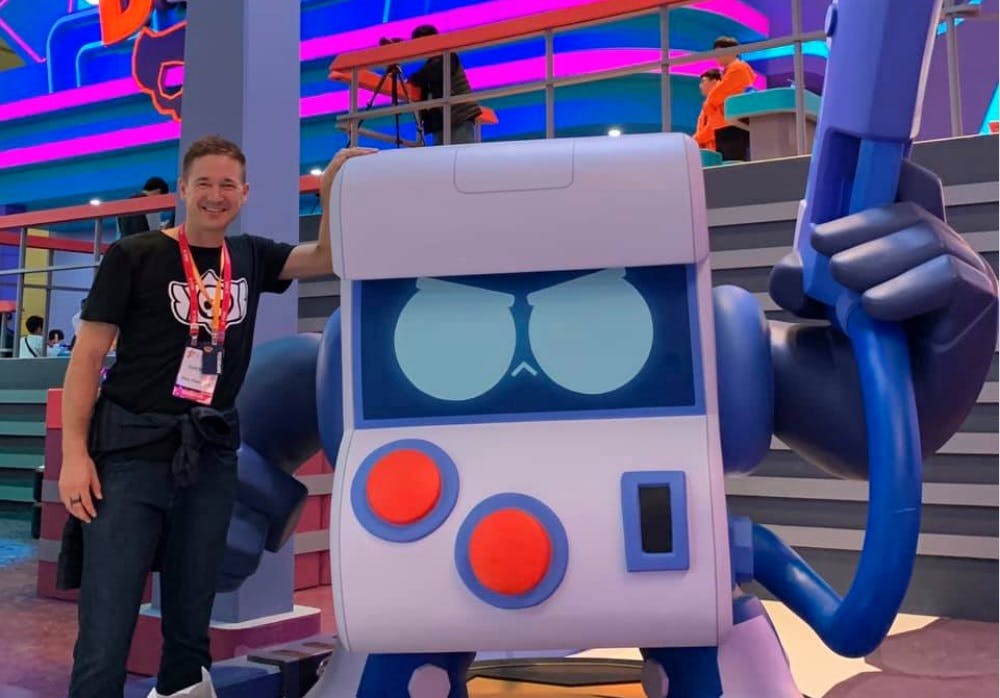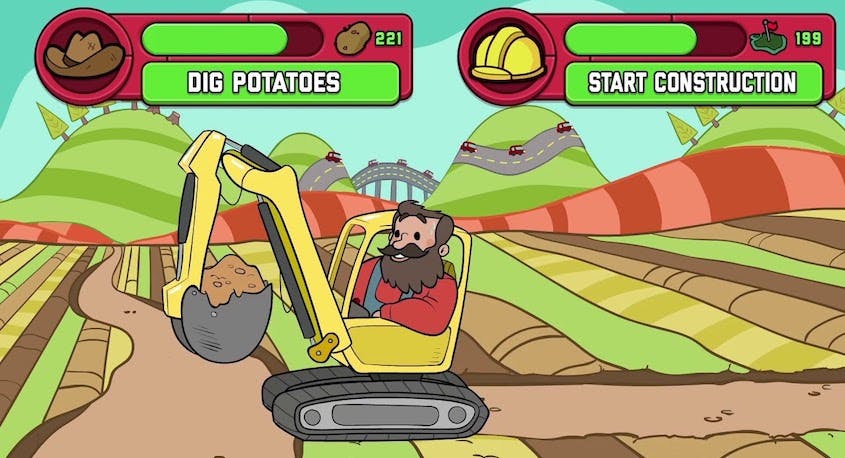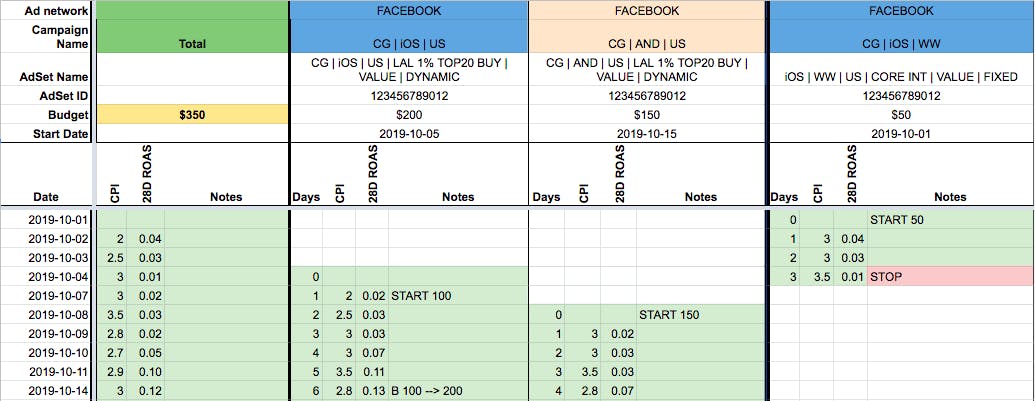EGD News #16
(Released 16th of March 2020)
Here are some of the coolest things I’ve looked at and learned from this week.
——–
Supercell’s Co-Founder and CEO Ilkka Paananen wrote an annual letter to their players. Supercell’s financial results were slightly lower than in 2018. Revenue for FY2019 was at $1.56 billion, and profits before taxes (EBITDA) amounted to $577 million. Revenue and profit peaked in 2016, with €2.1b and €917m back then. “I would consider half-a-billion of profit to be pretty good for a company with 300 employees”, says Paananen.

What’s great about Ilkka’s letter is how he covers the aspects of the Supercell culture and how they build games that can last for decades. Quoting Ilkka:
- “Our Dream: Games That Are Played for Years and Remembered Forever”
- On Rush Wars. “The team behind the game killed it because based on the beta, they felt like this was not going to be a game that lots of people would play for years nor would it be remembered forever. The early gameplay was lots of fun, but it just did not carry over to the endgame.”
- “…we should only release games that are of exceptional quality, games that the players love and games that have a shot at being remembered forever”
- “…the way we think about this is that the games we have killed are not failures. Instead, they are opportunities for us to learn. And over time, these learnings will result in us creating better games.”
You can read the entire letter here.
Attempt to design a game as good or better than Adventure Communist
I really love what Paul Leydon is doing on the Game Makers Youtube channel. His partner Joseph Kim is mostly creating the content, but once and a while, Paul injects his storytelling into the channel.
Recently Paul published a video on designing an idle game, which would be as good or better than Adventure Communist. But there’s more to this video than just game development.

Why I think this video is worth watching
- Besides being a very beautiful video, and being about game design, Paul covers an important message in this one.
- Paul dives deep into the motives of game creators. Why are we making games? What is our purpose? Is a financial reward, a number, going to make us fulfilled?
- Paul says ”A lot of people come up to me and they want to know about monetization and retention. But why?”
- ”You’re not going to make a good game. Not because you’re not good but because you don’t know why you’re doing it.”
- ”A false reason will never get you there.”
Watch the full video here.
Pollen VC has put together a really awesome spreadsheet, which smaller developers can use to track their user acquisition campaigns. When you start a campaign, you just add new columns to the spreadsheet. For each day of the campaign, you add new rows and enter the CPI and ROAS values, following if the campaign should still be running or if it should be stopped.

The Youtube video that they’ve posted is really informative. If you are thinking about doing UA or have already started, you should definitely check out this template from Pollen VC.
The template and instruction video can be found here.
——–
Game Consultant Podcast
My buddy Reinout te Brake has a podcast. You should check it out. I really like his podcast, because he has a really honest approach. It’s great that he is using his network and connections to uncover insights and sharing them with the listeners.
Check out Reinout’s Game-Consultant.com podcast on
- Anchor: https://anchor.fm/gameconsultant
- Spotify: https://open.spotify.com/show/0ntrcIKGpje4g7S51d7biY
Our Latest Podcasts
This week we have two episodes.
Big Opportunity In Educational Games – Natasha is been in gaming for a while now and has been working on educational games in the past few years. She is very opinionated and talks about the games industry, how diversity can be improved and how culture plays a role in creating a great environment for creativity and sharing of knowledge.
The second episode of the week:
Game Design and Player Career Goals – Minwoo Lee is the Head of Product at Dodreams, a Helsinki based mobile games company. Minu’s career in gaming started Korea about twenty years ago when he was designing micro-transactions into online games. His career took him to Europe, and eventually to work in the Finnish games industry. Minwoo and I share a passion for game design, through the understanding of player motivations, aspirations and career goals.
All past episodes can be found here.
A Book Recommendation
The Five Dysfunctions of a Team (Patrick Lencioni) – This book really brought me the feelings and emotions of trying to figure things out when you have a team that just doesn’t function together. This can happen to any company, especially the ones where the common ground hasn’t been established.
Quoting the book: “When building a team, trust is the confidence among team members that their peers’ intentions are good, and that there is no reason to be protective or careful around the group. In essence, teammates must get comfortable being vulnerable with one another.”
That’s it. I hope you have a great weekend!





